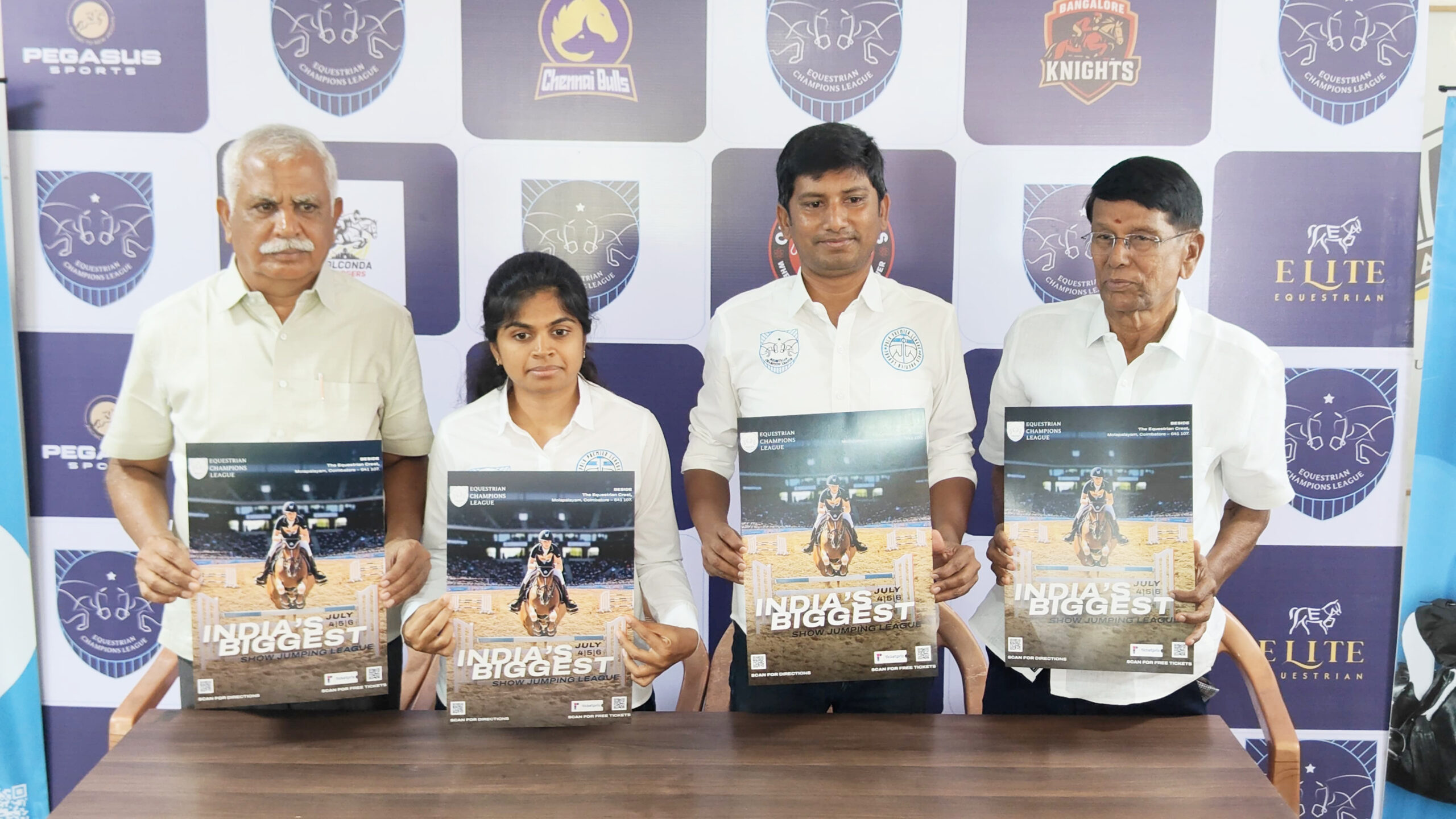Trending Now
- “If Edappadi Palaniswami permits, a thousand young members from the Virudhunagar district AIADMK are prepared to take up arms and engage in battle under my command.” – Former AIADMK Minister Rajendra Balaji
- “India is ready to deal with any counter-attack by Pakistan” – Wing Commander Vyomika Singh
- Central govt orders extension of CBI Director Praveen Sood’s tenure for another year
Coimbatore
American native invasive pest attack on maize in TN
![]() September 25, 2018
September 25, 2018
Coimbatore : The incidence of an invasive pest fall army worm (FAW) Spodoptera frugiperda, a native of America was observed in maize in Karnataka,Tamil Nadu and Andhra Pradesh in July 2018.
In Tamil Nadu, FAW is being observed in the maize growing districts such as Coimbatore, Erode, Tirupur, Dindigul, Karur, Villupuram, Salem, Krishnagiri, Tirunelveli and Tanjore Districts on all hybrids and varieties.
Continuous availability of vegetative, tassel/silk and cob stages of maize, cool weather along with intermittent rainfall, and non existence of suitable parasitoids and predators due to the indiscriminate use of insecticides during the previous crop period might be the possible reasons for the recent outbreak of FAW in Tamil Nadu, Tamil Nadu Agricultural University Vice-chancellor, Dr K Ramasamy told reporters here today.
FAW larvae start causing damage from 15 days after sowing (vegetative stage) and continue their ravage on tassels and cobs.
The symptoms of damage are scrapping of leaves, pinholes, small to medium elongated holes, parallel shot holes and irregular shaped holes on leaves,loss of top portion of leaves, presence of chewed up frass material and fecal pellets in the leaf whorl, drooping of leaf portion above the feeding area, feeding on tassel, terminal and stalk portion of cob.
Demonstrating the biology of the larvae to adult stage, the adult longevity being 10 days, Ramasway said that University has come out with contingent control measures to protect the crop, including to ensure thorough ploughing to expose and kill pupae to natural enemies and avianpredators.
Growers are advised to apply neem cake at 250 kg/ha to reduce the adult emergence from pupae and use light trap at one / ha during night hours to monitor the adult moth activity in and around maize fields and also to avoid growing maize after maize crop, Ramasamy said.























